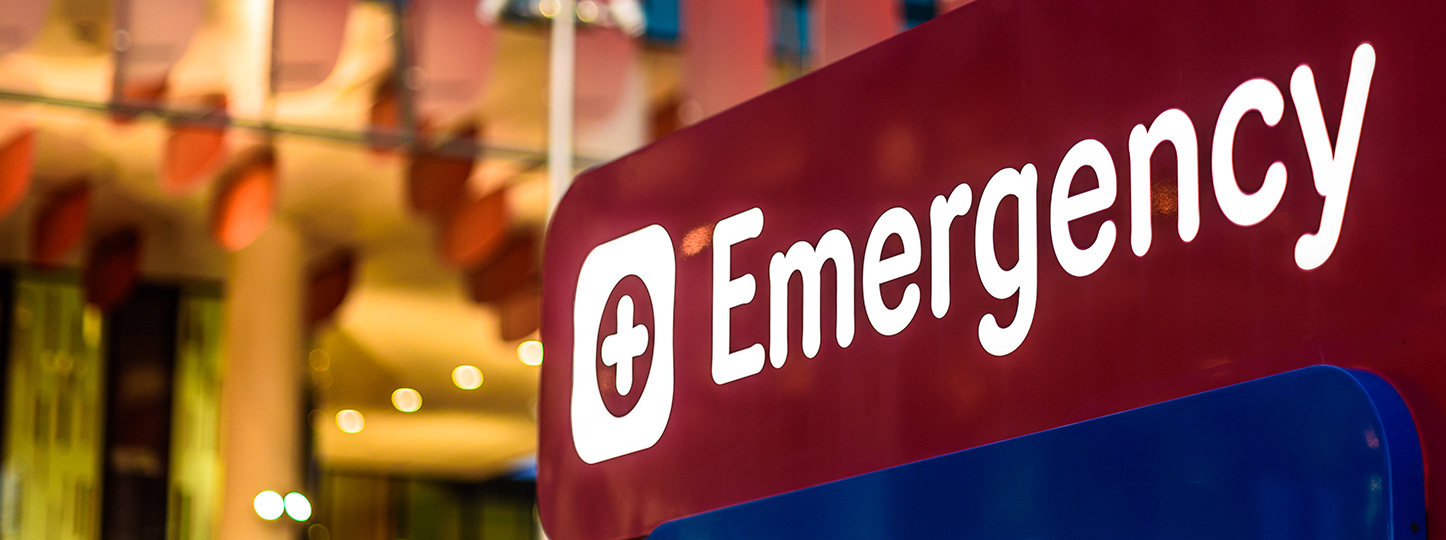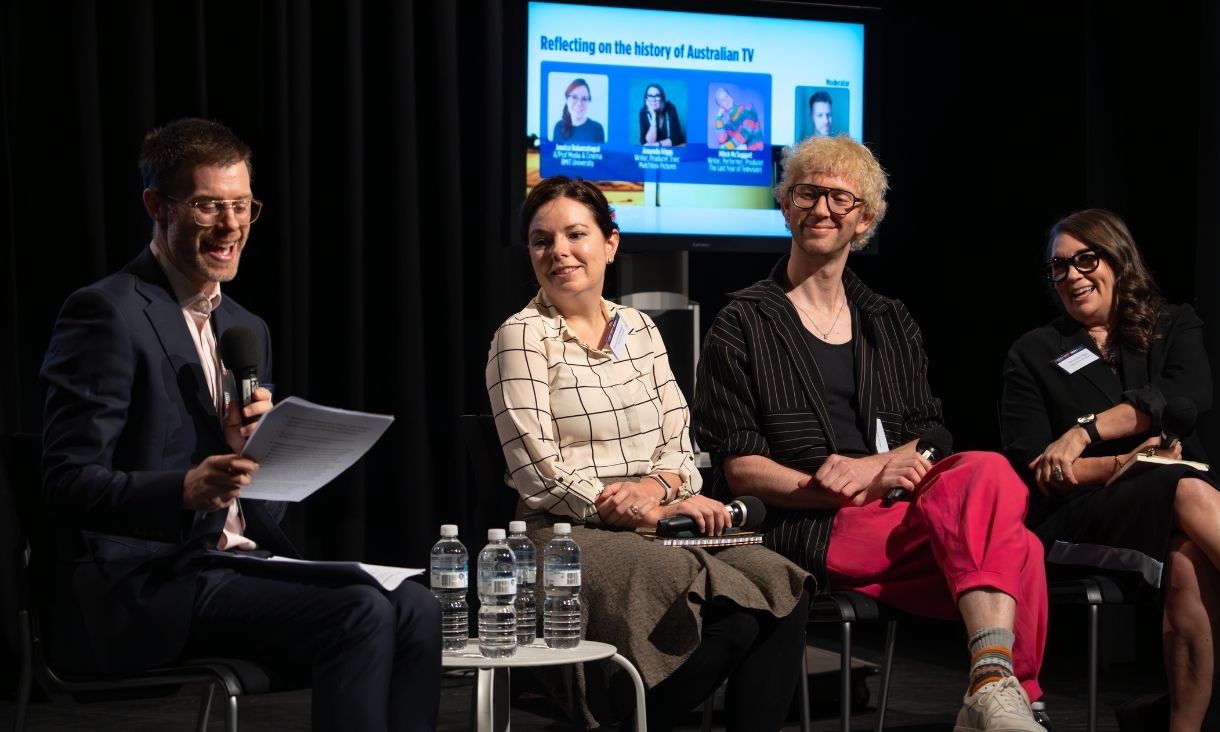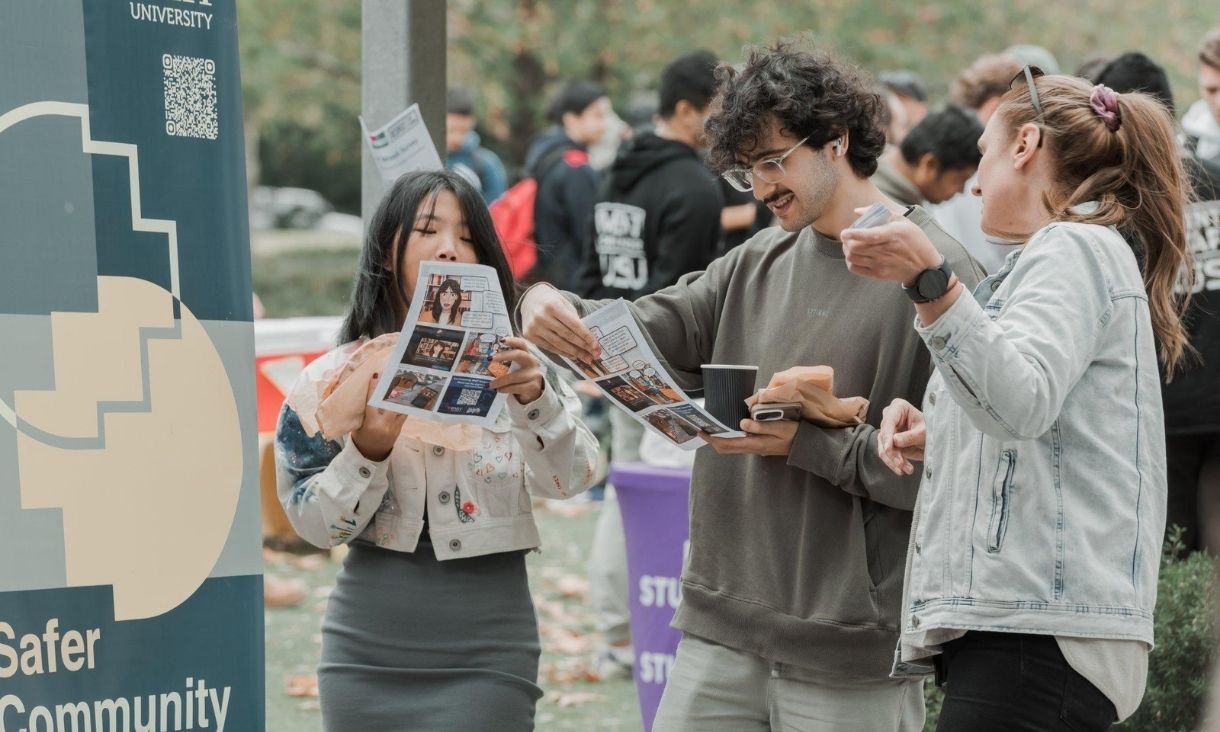The comprehensive workforce study by RMIT and Swinburne University, in conjunction with the Ambulance Victoria Union, also found one in 10 paramedics exhibit stress levels comparable to having a severe psychological disorder.
The researchers behind the study - RMIT’s Dr Tse Leng Tham and Swinburne’s Professor Peter Holland, Dr Julian Vieceli and Dr Lara Thynne – say the results have major implications: almost 9% of the respondents reported to be looking to leave the profession within the next year and 30% often considered quitting.
The survey of 663 staff, roughly 17% of the workforce, was conducted over a four-week period in September and October 2020, at the height of the second lockdown in Victoria.
Since then, pressure on paramedics and the health system generally has reported to have increased.
Increased workloads and diminished motivation
The report formed the second part of a study on Victorian paramedic and ambulance transport workforce.
It addressed the key indicators associated with workplace climate, workplace wellbeing, and the mental health and wellbeing of Victorian paramedics and ambulance workers.
While the study found the workforce were highly engaged in their work, it found that increased workload levels due to the pandemic were sapping motivation and causing significant distress.
Missing meal breaks, increased overtime, and non-stop night shifts were found in the research.
Elevated levels of stress were particularly evident during the second wave of COVID-19 in Victoria.
“There is an underlying concern about work intensification and the increased pressure on quality when completing the job,” Holland said.
“58 per cent of respondents expressed that they often have more work than they can do well, with more than 34 per cent indicating this was a daily occurrence.”
Lecturer in Management at RMIT, Tham said another factor contributing to the decline in engagement with this workforce was the low sense of psychological safety.
“Psychological safety is closely related to the concept of trust,” Tham said.
“Respondents were asked how safe they felt admitting mistakes or voicing concerns and how these were received by other team members.
“Almost two-thirds of paramedics felt that if they did make a mistake, it would be held against them.”
Another key finding of the study was around respondents’ intention to leave the profession.
While nearly nine percent of paramedics and ambulance workers indicate an intention to seek new employment opportunities within the next year, approximately 30 percent of respondents said they often think about quitting.
The way forward
Overall, engagement and job satisfaction levels for this workforce are at a healthy level.
However, the COVID-19 pandemic has added an exceptional level of stress on an already busy workforce and increased the occupational health and safety risk for these professionals.
“There were numerous episodes of staff needing to quarantine due to potential infection, further stretching the capabilities of the workforce due to staff shortages and increased workloads,” said Holland.
“These findings point to a need for an overhaul of the system. The key concerns highlighted in the study are within the scope of management to address, with the fundamental issue being the provision of additional resources to improve the wellbeing of the paramedic and ambulance transport workforce.”
Story: Cherish Phillip and Caleb Scanlon







